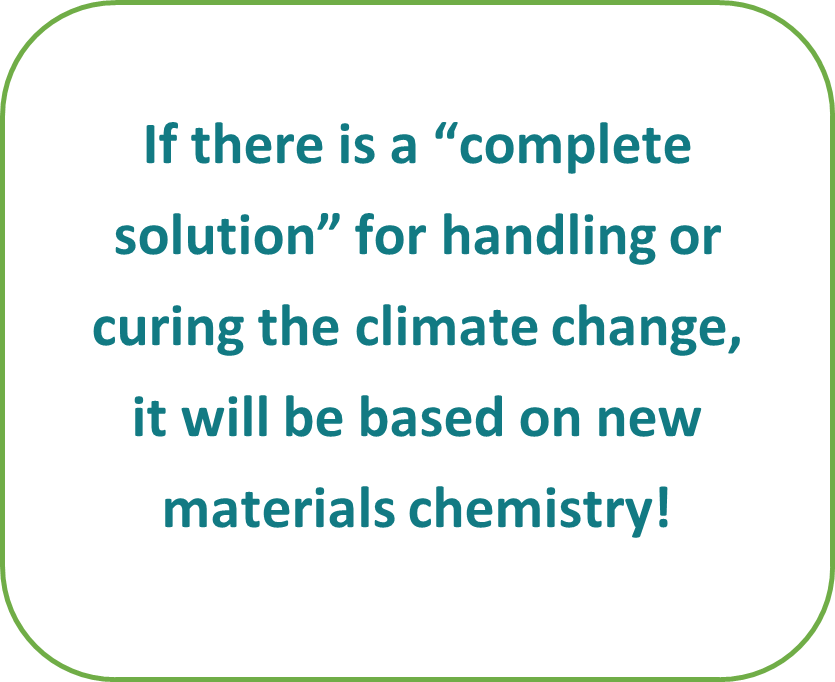 Professor Markus Antonietti, Director, Max Planck Institute of Colloids and Interfaces, listed in ISI as a World Top 50 cited Material Scientist, will give a plenary lecture on YUCOMAT Conference about the way to a new chemistry!
Professor Markus Antonietti, Director, Max Planck Institute of Colloids and Interfaces, listed in ISI as a World Top 50 cited Material Scientist, will give a plenary lecture on YUCOMAT Conference about the way to a new chemistry!
“YUCOMAT – the general cutting edge audience”
For this issue he talks about green and nano science, terraforming project and new material chemistry;
Professor Antonietti, in recent years, you are active in the field of sustainability, raw material change and green material science. These are topics of global significance. What are the main challenges and the major solutions that chemistry can offer?
If there is a “complete solution” for handling or curing the climate change, it will be based on new materials chemistry. In the last 5 years, the community has developed a variety of very promising options in diverse areas that make me very positive.
As a Director of Max Planck Institute of Colloids and Interfaces, one of the best world's most recognized research centres how do you perceive the state of science in the world?
Thanks to the internet, but also the globalization of exchange of ideas in general (and your conference is a key part of that), science nowadays progresses much faster than even in the time of my PhD thesis. Even COVID and the Ukraine war could only slightly moderate that, but we are back on the track to experience the most exciting novelties in the years to come.
What single breakthrough in your field in the past year has excited you the most?
The answer is a little difficult to explain and unexpected, but it is way how polymer materials interact with the microbial system organization, thus enabling disruptive changes in agriculture, nutrition, and health.
If a simpler answer is wanted: the creation of anthropogenic wood based materials, which have the high potential to change both aeronautic and construction materials.
Beside Polymer science and the Chemistry of materials, you are a first hour person of nano sciences. How it can support this global environmental challenge we are all facing?
I consider Nano not as a new science as such, but an important instrument to be used in all fields of material science. Even traditional materials solution did not work without the nanoscale, it is just that we now can look on that scale and understand much better.
 You are strongly advocating against the use of bisphenol! How close are we to that?
You are strongly advocating against the use of bisphenol! How close are we to that?
I advocate against it as the polymer community already developed the replacement solutions for it.
Scientists are usually very reasonable persons: you should question something only if you can replace it by something better. The problem here is inertia of industry.
Last year you were awarded with IUPAC Selection Top 10 Breakthrough Technologies for “Artificial Humic Matter”. Can you tell us more about this research project?
It is about making polymers from biomass side streams to bring massive fertility improvements to otherwise wasteland soil. It is a “terraforming project”, which is now already successfully run at a number of places around the world. Globalization!
You started in Max Plank Institute with the Kitchen lab, which developed from a teaching tool for children to its current form as a research space with number of projects developing. This was your way toward more sustainable and practical chemistry?
I personally enjoy cooking very much, and there was a move of high end Michelin-star cuisine 20 years ago to use lab instruments and processes to expand culinary sensation: the “molecular cuisine”. We explore now the intellectual inversion, i.e. the use of kitchen instruments to expand science! We could indeed close parts of the so-called “innovation gap” by this trick, while allowing young kids to join research labs without the risks of harming themselves.
What would you recommend to your young colleagues?
Be yourself; find the balance to respect elder wisdom while continuing to question stereotypes or shortcuts of classical knowledge. The most useful hints which are spot-on I however found in literature: https://en.wikipedia.org/wiki/Clarke%27s_three_laws
You will be talking this year on YUCOMAT Conference about the way to a new chemistry on the base of a sustainable and most abundant polymer base?
Yes, I will, as this is potentially the most unexpected for the general cutting edge audience I will find there. Good entertainment while keeping scientific value is obviously important.


